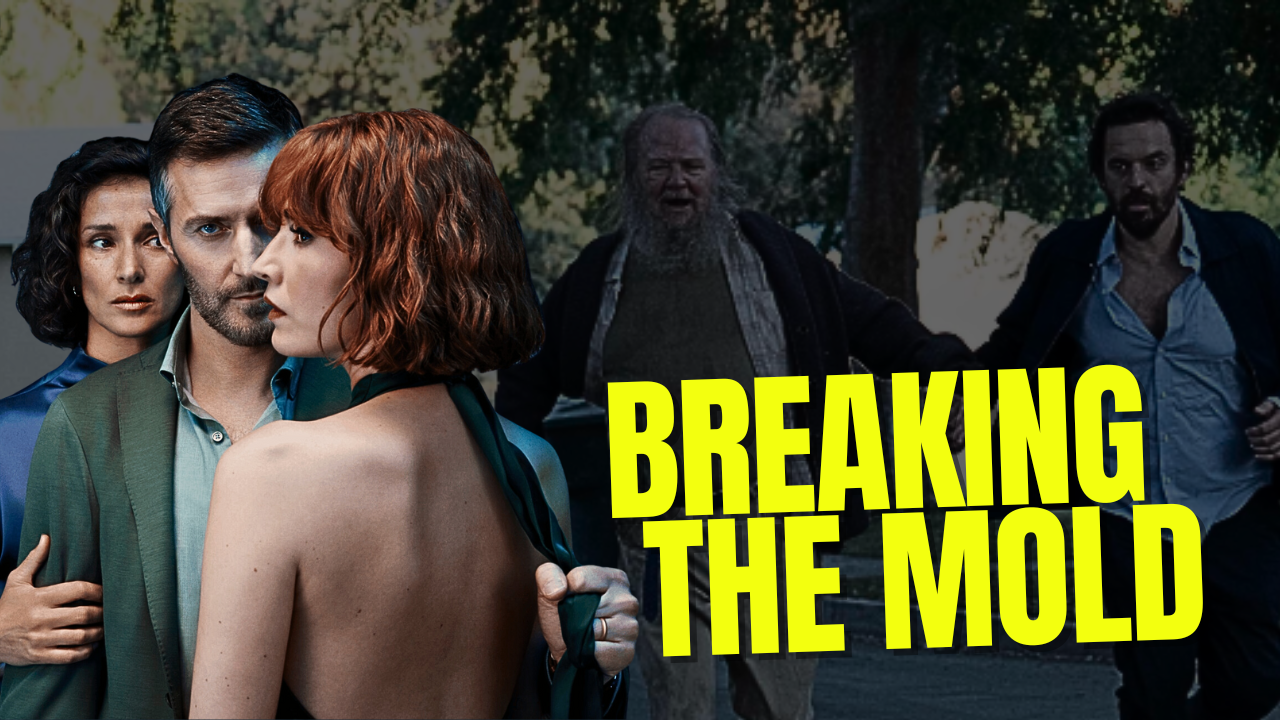
Questioning ‘Self Reliance’ A Movie Review
Jake Johnson’s directorial debut, “Self Reliance,” offers a unique and satirical take on the prevalent theme of American individualism in Hollywood films. This article delves into the film’s exploration of the obsession with being the main character in one’s own story, shedding light on how it dismantles the conventional narrative of personal triumph.
Table of Contents
ToggleThe Hollywood Default:
The article opens by highlighting the common thread in diverse Hollywood genres—the portrayal of the protagonist as the most crucial person in the universe. Whether it’s an action hero, a romantic lead, or a superhero, the films perpetuate a vision of life as an individual struggle leading to personal triumph. This aligns with the messages propagated by the lucrative self-help industry, emphasizing success and self-actualization.
“Self Reliance”: Subverting the Main Character Trope:
Johnson’s “Self Reliance” challenges this narrative by tightly embracing the idea of being the main character, only to deconstruct it in a way that borders on madness. The protagonist, Tommy Walcott, played by Johnson himself, is offered a chance to participate in a dark web gameshow where survival depends on staying with someone else at all times. Instead of the typical action hero response, Tommy’s approach is strategic co-dependence, turning the film into a humorous exercise in subverting self-reliance.
Genre Mashup and Narrative Critique:
The film meanders through various genres, incorporating elements of zany buddy comedy and rom-com, creating a mishmash of familiar narratives. This approach challenges the conventional Hollywood structure and causes the main character conceit to bulge and rupture. The article points out moments where the film breaks the fourth wall, delivering emotional beats with unnerving regularity, exposing the flaws in the typical hero’s journey.
Tommy’s Unraveling and Metaphor for Cognitive Confusion:
The protagonist’s descent into paranoia and madness becomes a metaphor for the viewer’s cognitive confusion. Unlike classic empowerment fantasies like “The Matrix” or “The Truman Show,” where the protagonist breaks free to achieve self-realization, Tommy’s mental unraveling suggests that being the hero might mean disempowerment due to a fundamental misconception of one’s place in the universe.
Self-Reliance as Self-Satire:
The film opens with a quote attributed to Ralph Waldo Emerson, “To be yourself in a world that is constantly trying to make you something else, is the greatest accomplishment.” The article highlights how, in Johnson’s perspective, the quote serves as self-satire, questioning the assumption that the world cares enough to shape individuals. It challenges the idea of a separate, self-contained self and questions the pursuit of individual brilliance and fabulousness.
“Self Reliance” offers a refreshing and critical perspective on the Hollywood trope of the main character’s triumph. Jake Johnson’s directorial debut cleverly subverts the conventional narrative, emphasizing the absurdity of the self-help culture and the relentless pursuit of individual success. In doing so, the film invites viewers to reconsider the notion of being the hero of their own story and prompts a reflection on the authenticity of self in a world that constantly shapes and reshapes individuals.
Jake Johnson’s directorial debut, “Self Reliance,” offers a unique and satirical take on the prevalent theme of American individualism in Hollywood films. This article delves into the film’s exploration of the obsession with being the main character in one’s own story, shedding light on how it dismantles the conventional narrative of personal triumph. The Hollywood…
Jake Johnson’s directorial debut, “Self Reliance,” offers a unique and satirical take on the prevalent theme of American individualism in Hollywood films. This article delves into the film’s exploration of the obsession with being the main character in one’s own story, shedding light on how it dismantles the conventional narrative of personal triumph. The Hollywood…